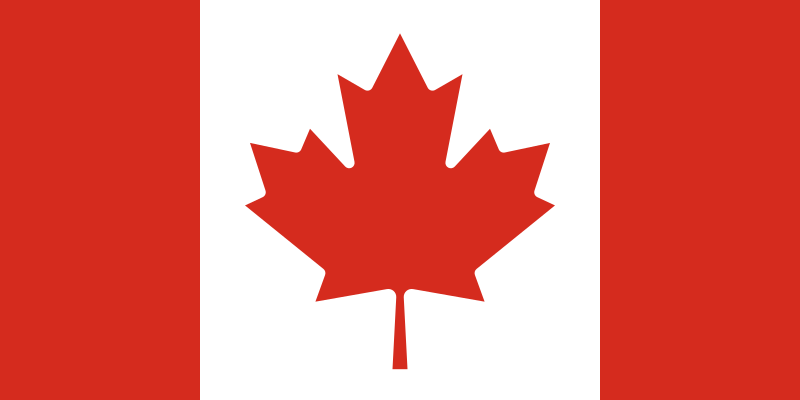
The Canadian tariffs will be implemented in two phases: an initial $30 billion will take effect immediately, with the remaining $125 billion following in three weeks. Targeted U.S. products include beer, wine, bourbon, fruits, fruit juices, clothing, sports equipment, and household appliances. Trudeau warned that these measures could lead to increased costs for American consumers and potential disruptions in U.S. manufacturing sectors.
This development follows President Trump's imposition of a 25% tariff on imports from Canada and Mexico, alongside a 10% tariff on Chinese goods. Trump's administration has cited concerns over illegal drug flows and immigration as primary motivations for these tariffs. In response, Mexican President Claudia Sheinbaum has also announced plans for retaliatory tariffs, rejecting the U.S. accusations and emphasizing the importance of negotiation over conflict.
Economists express concern that this escalating trade conflict among long-standing North American allies could slow global economic growth and increase inflation. The potential for a trade war raises fears of higher prices for essential goods and strained international relationships.
